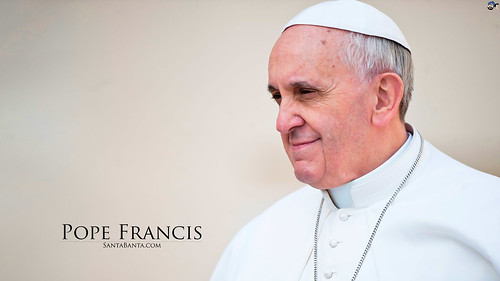Duluth, Minnesota (OpEdNews) December 20, 2023: After Time magazine named the American singer-songwriter Taylor Swift (born in 1989) Person of the Year 2023, on December 6, 2023, I read the 44-year-old Oxford-educated British author Mary Harrington's short provocatively titled online article "The dark truth about Taylor Swift: Too many young women yearn for annihilation" (dated August 16, 2023), published at the conservative British website UnHerd, where she is a prolific columnist.
In her 2,000-word article, Harrington argues that the motif of doomed passion in Taylor Swift's songs "has its roots in a thousand-year-old religious schism." Harrington says, "our love-affair with doomed love [of the sort that Taylor Swift sings] begins in early 13th-century France with the two-decade Albigensian Crusade [1209-1229] which saw the Cathar sect persecuted, tortured, slaughtered and scattered by the orthodox Christian Knights Templar, leading to the deaths of an estimated 200,00. Their books were burned. But inasmuch as their beliefs are known, they were seen as heretical for their rejection of the Christian belief that God was made man. Rather, in their view the world was evil, and incarnation imprisoned souls who longed to be free to return to the divine. And, also heretically, in their view this return would be to unity with God, not - as orthodox Christian believed - 'communion.'"
In addition, Harrington says, "And the origins of the recurring theme of doomed passion in Western culture, according to the Swiss medievalist Denis de Rougemont [1906-1985], lie in the survival of the Cathar heresy, hidden in plain sight in 'courtly love' [medieval] literature."
See Denis de Rougemont, Love in the Western World, revised and augmented edition, including a new postscript, translated by Montgomery Belgion (Princeton University Press, 1983; original work published 1940).
In Harrington's article, she also says, "And because such a longing [of a knight for his 'Lady'] could only be attained by escape from the prison of flesh - which is to say, by death - the love of the knight for his 'Lady' could not be consummated, except by the death of one or both. In other words: to convey its esoteric meaning, the narrative [courtly] 'romance' couldn't have a 'happy ever after.'
"On the contrary, it [the courtly romance] stood for that spiritual pain and longing."
"Taylor Swift's genius is her capacity to give catchy tunes to that sweet, painful, multifaceted longing for something higher - even if the price of reunion with the divine must be death.
"On the surface, her work recounts relatable romantic highs and lows. But its 800-year-old undertow implicitly glorifies those who renounce any possibility of happiness in this world, in exchange for the exaltation that comes from seeking something higher - even if the price of reunion with the divine must be death.
"For the young women who thrill to this promise, and don't even realize that what they crave is not sexual, or romantic, but spiritual, it's the cruelest imaginable way of both promising and denying relief. But that's the fault of the age - not of the 21st century's foremost troubadour, Taylor Swift."
Now, I should point out here that Pope Francis (born in 1936), the first Jesuit pope, took the name Francis in 2013 to honor the medieval Italian mystic and founder of the Franciscan order, St. Francis of Assisi (c.1181-1226), an orthodox Catholic in his time. St. Francis is also known as the troubadour of God. He is known for his "Canticle of Brother Sun."
Now, I profile the doctrinally conservative Pope Francis in my OEN article "Pope Francis on Evil and Satan" (dated March 24, 2019):
But also see Jason Horowitz's news article "Pope Francis Allows Priests to Bless Same-Sex Couples: A church official said the blessings amounted to 'a real development' that nevertheless did not amend 'the traditional doctrine of the church about marriage'" in the New York Times (dated December 18, 2023):
Next Page 1 | 2 | 3 | 4 | 5 | 6
(Note: You can view every article as one long page if you sign up as an Advocate Member, or higher).





